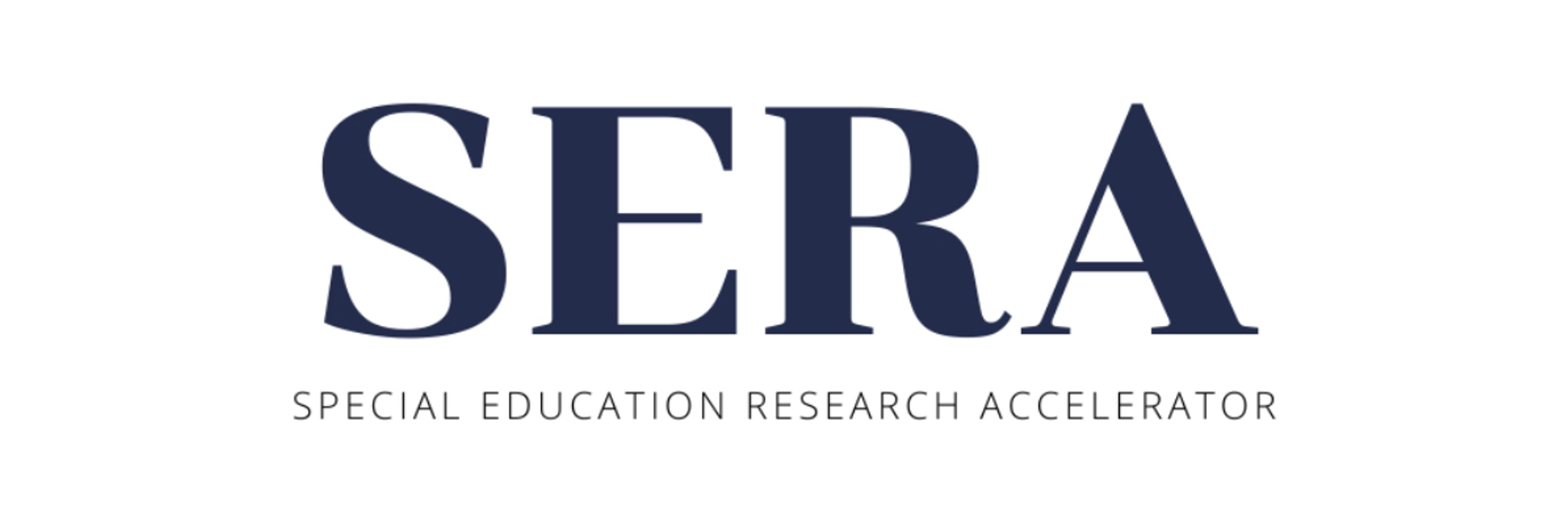
An initiative of the Aletheia Society (@aletheiasociety.bsky.social)
Learn more: edresearchaccelerator.org
✅ 75% of special educators felt “very well prepared” to teach students with LD overall
❌ Only 27% felt “very well prepared” to teach science
✅ 75% of special educators felt “very well prepared” to teach students with LD overall
❌ Only 27% felt “very well prepared” to teach science
• Reading/math remediation often replaces science time (68%)
• Testing pressures push schools to prioritize only tested subjects (39%)
• Assemblies & special events eat into the little time left for science (18%)
• Reading/math remediation often replaces science time (68%)
• Testing pressures push schools to prioritize only tested subjects (39%)
• Assemblies & special events eat into the little time left for science (18%)
Science is important for all students, and so we must continue working to ensure equitable access and opportunities in STEM.
Science is important for all students, and so we must continue working to ensure equitable access and opportunities in STEM.
⏳ Students’ access to science varies widely—some receive 36 hours/year, others up to 174 hours/year.
⏳ Students’ access to science varies widely—some receive 36 hours/year, others up to 174 hours/year.
Together, we’re building a clearer picture to create equitable STEM opportunities.
Together, we’re building a clearer picture to create equitable STEM opportunities.

